The future of the energy transition depends on the development of open source. At least that is the conviction of INESC TEC, which took part in the Linux Foundation (LF) Energy Summit 2025, one of the most relevant events for the energy sector and the open-source community. Over two days, participants were able to explore digital tools that are already being applied in real-world contexts.
How can we address the major challenges in the energy sector? How can we accelerate the digital transition?
“We believe that research in open source reduces the time between development and practical application, lowers dependency on large companies, and strengthens a collective vision with our partners,” said Ricardo Bessa, coordinator of the Power & Energy Systems area at INESC TEC. “Only through accessible and interoperable technologies can we build a sustainable energy future”.
At the LF Energy Summit 2025, INESC TEC not only showcased projects tackling real challenges in the energy sector through digital platforms, Artificial Intelligence and collaborative solutions, but also engaged with various international stakeholders. The Institute’s integration as an associate member of LF Energy – a foundation dedicated to accelerating the energy transition through open source – further reinforces the commitment to working alongside leading organisations.
Among the projects presented was the Predico platform, already tested by the Belgian electricity system operator (Elia Group), which enables more accurate forecasting of renewable energy generation. Another example was the use of semantic interoperability for smart homes and power grids – a tool that promises to facilitate large-scale data exchange, interoperability between devices, and improved decision-making.
In the field of Artificial Intelligence (AI), INESC TEC was represented through the AI4REALNET project, which applies reinforcement learning algorithms to the operation of critical infrastructures such as power grids, railways, and airspace. “The open-source community can and should collaborate in the expansion of AI tools, as only in this way can we drive scientific progress and build, together with researchers, operators, and industry, reliable and transparent algorithms for critical infrastructures,” emphasised Ricardo Bessa during his talk.
INESC TEC researcher Alexandre Lucas also presented the LF Energy CUPID project, a reference implementation of the IEEE 2030.5 standard, opening new possibilities for managing distributed energy resources. The tool, developed under the InterSTORE project, is perceived as a crucial step in ensuring interoperability between aggregators and grid operators.
This participation in the LF Energy Summit, together with the Institute’s integration as an associate member of LF Energy, confirms Portugal’s commitment to actively contributing to a more resilient and sustainable energy ecosystem, while also reinforcing INESC TEC’s mission and commitment to open science.
The researcher mentioned in this news piece is associated with INESC TEC.

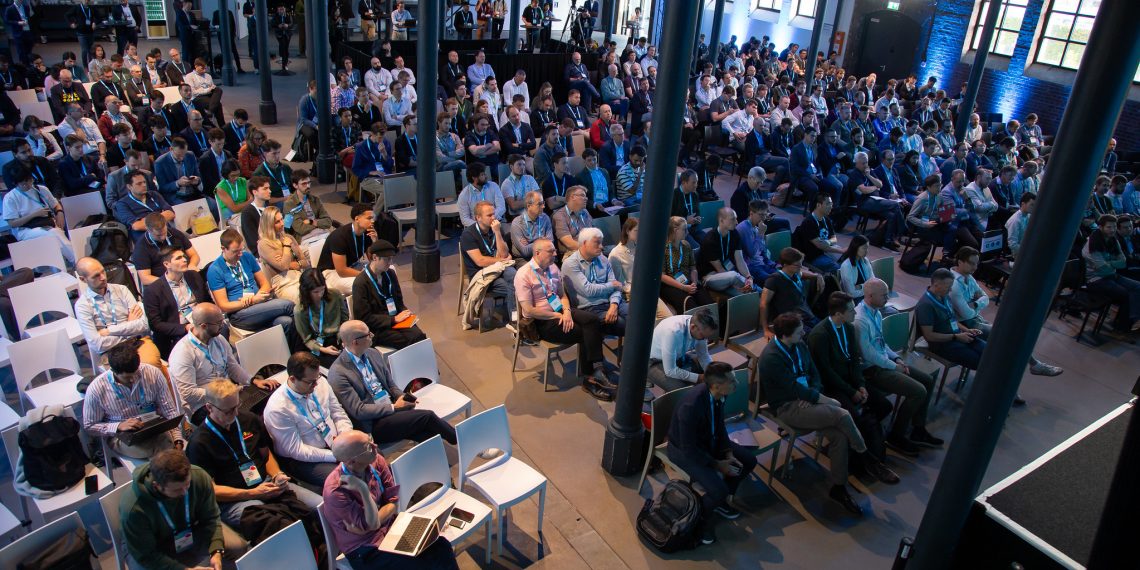
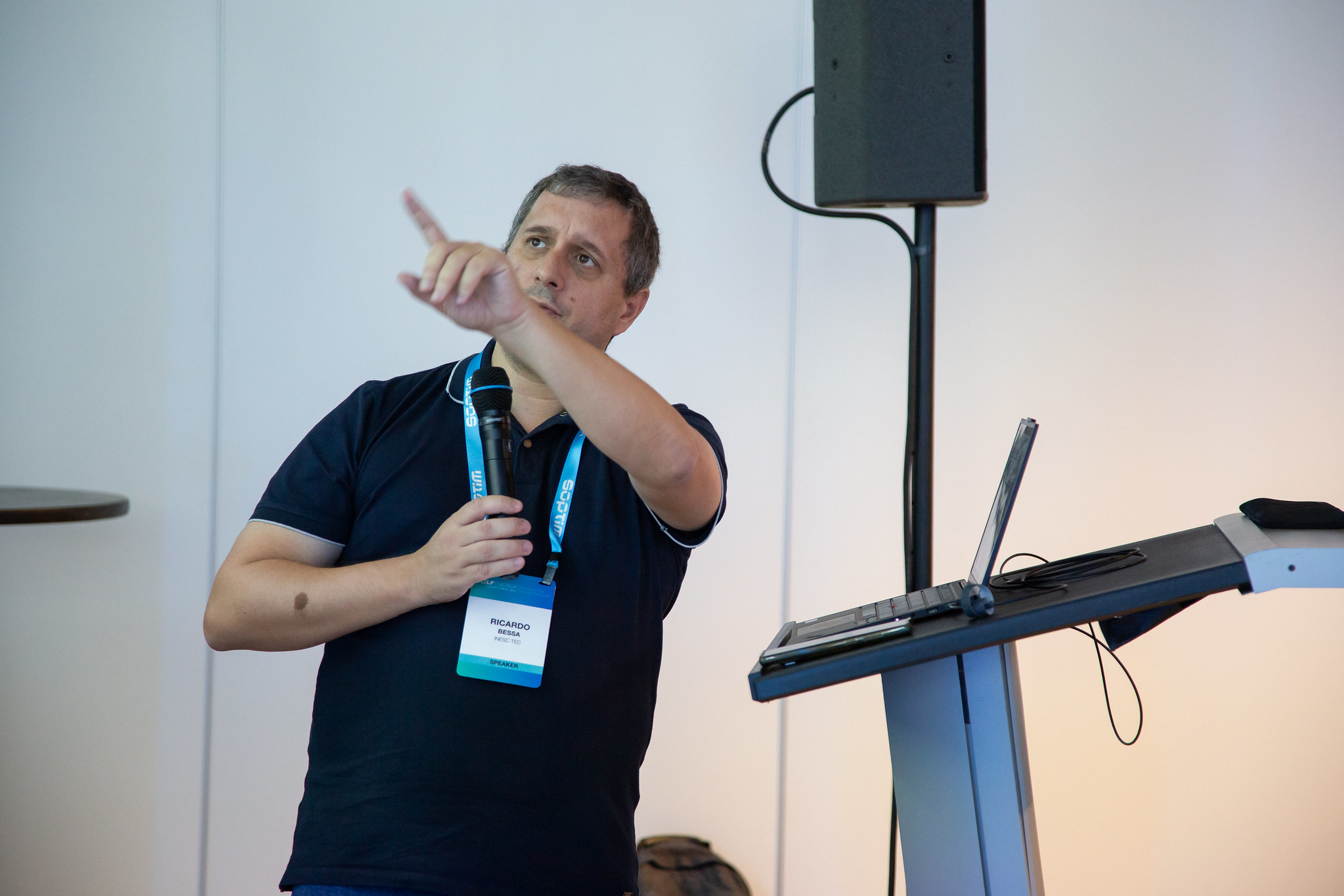
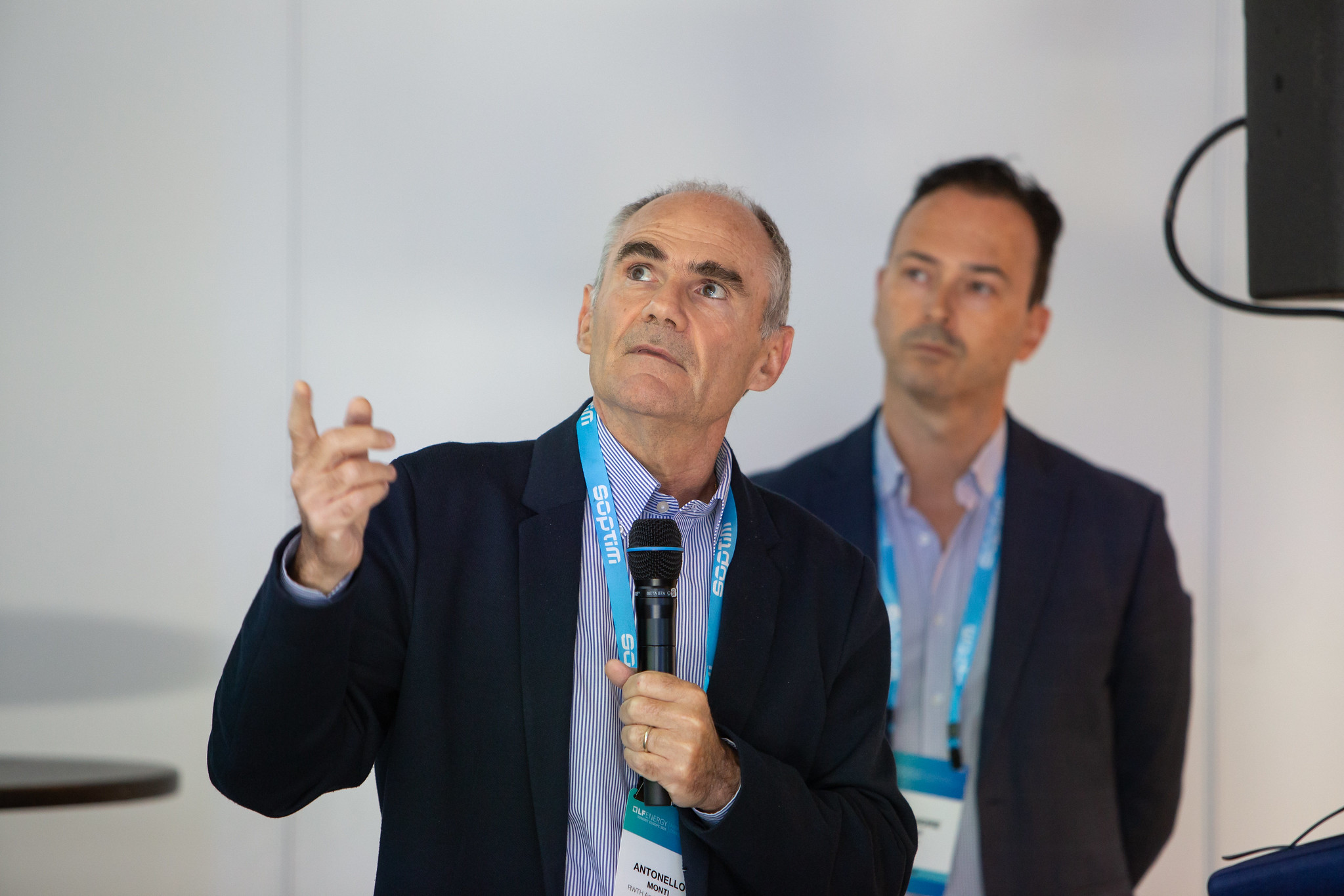
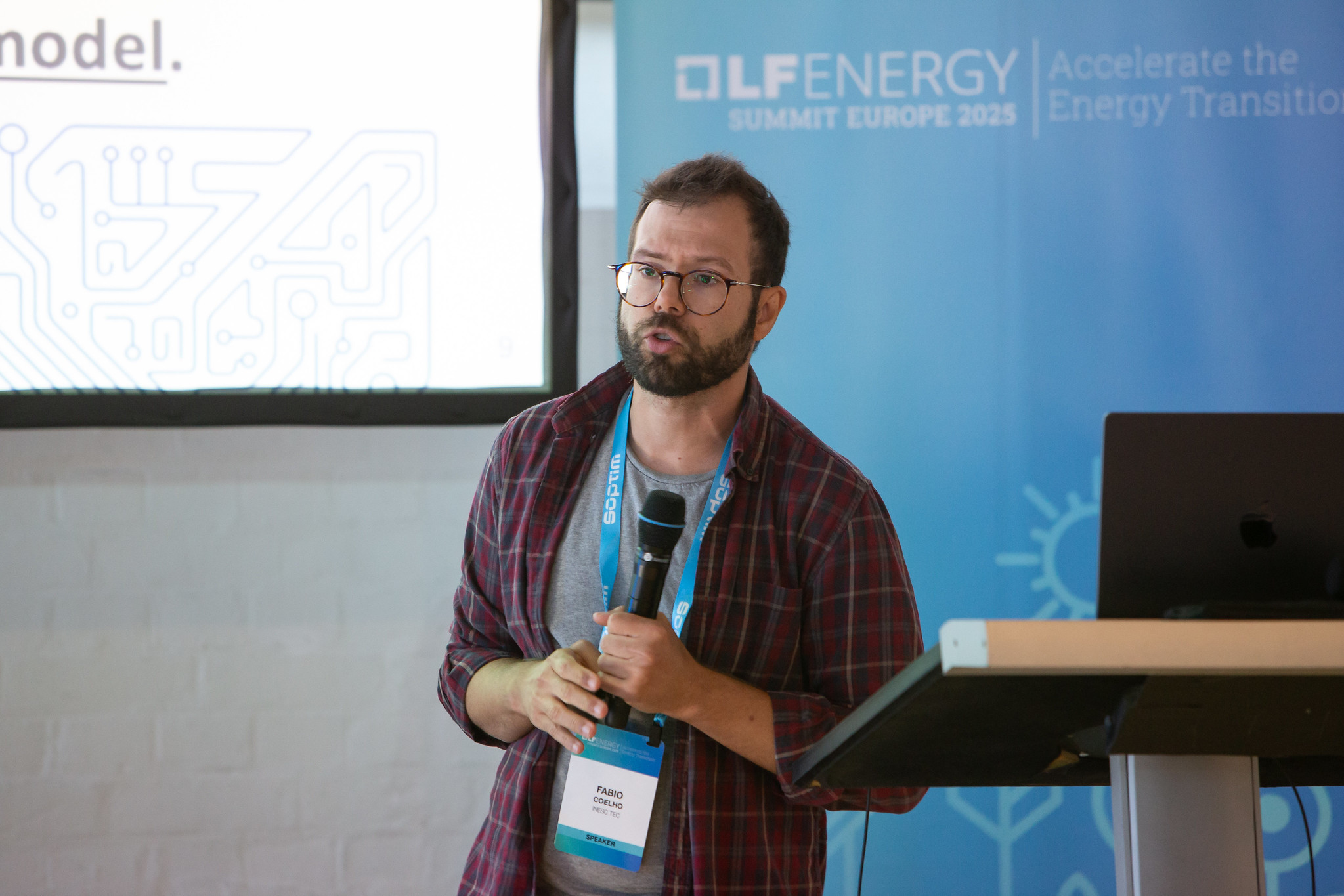
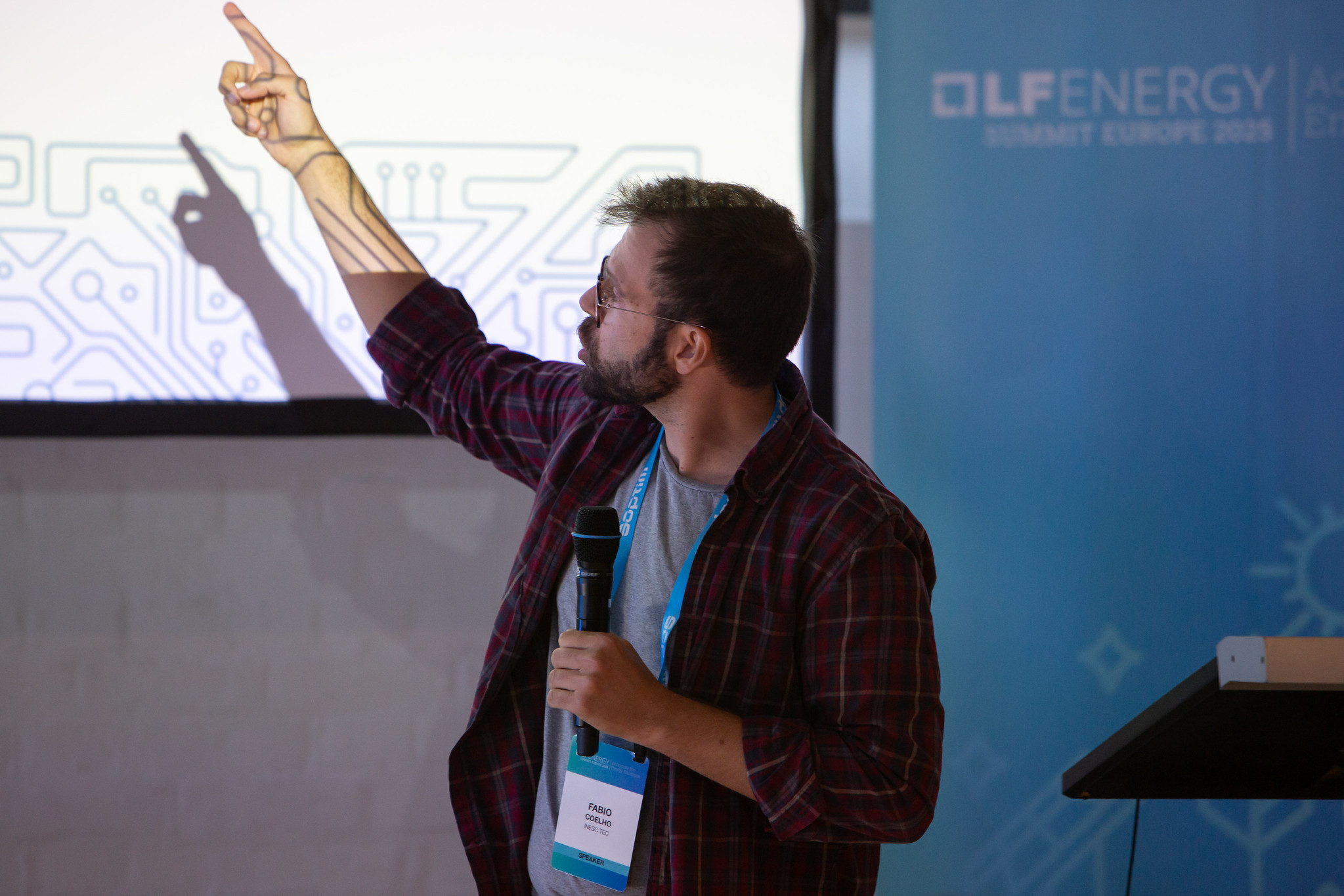
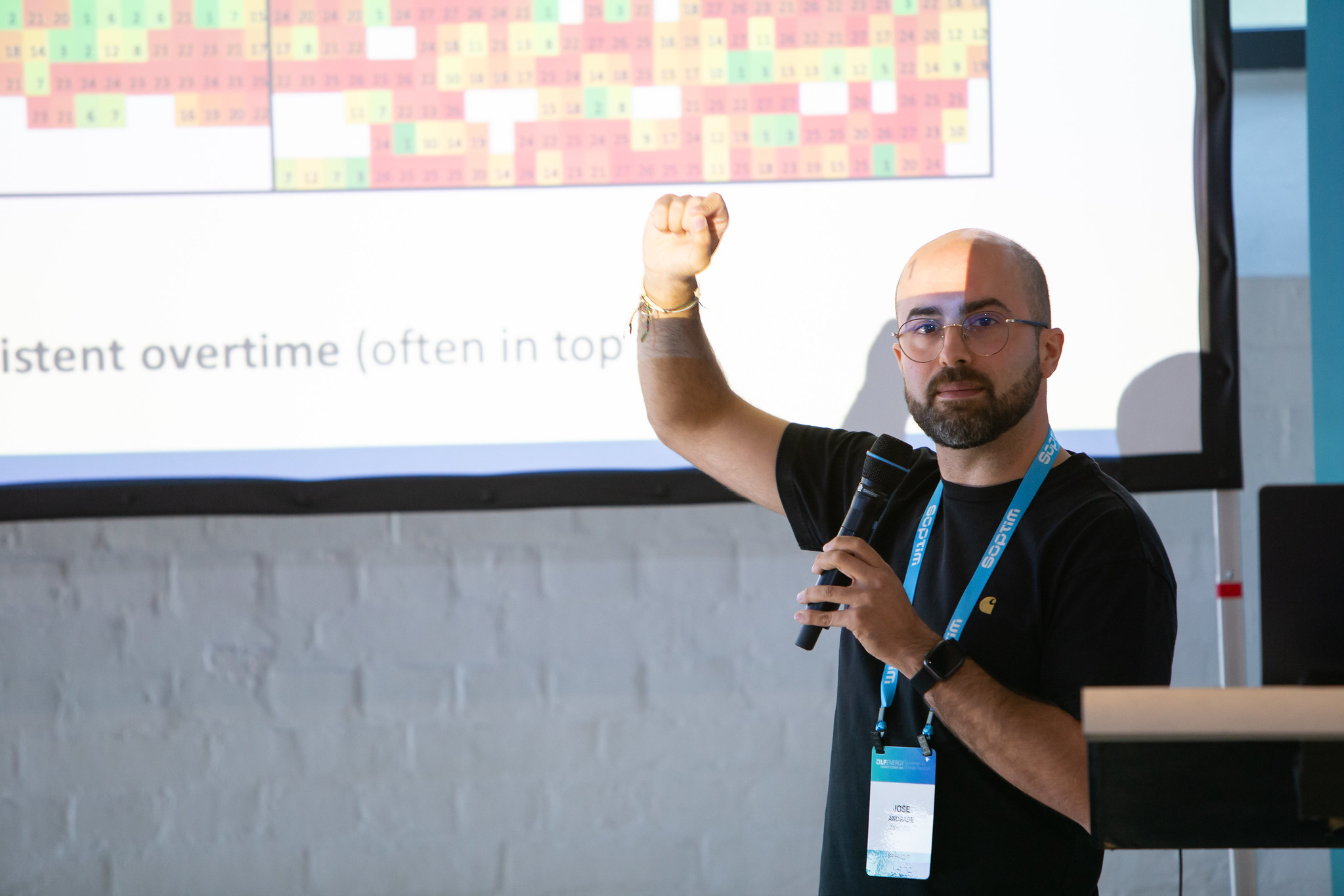
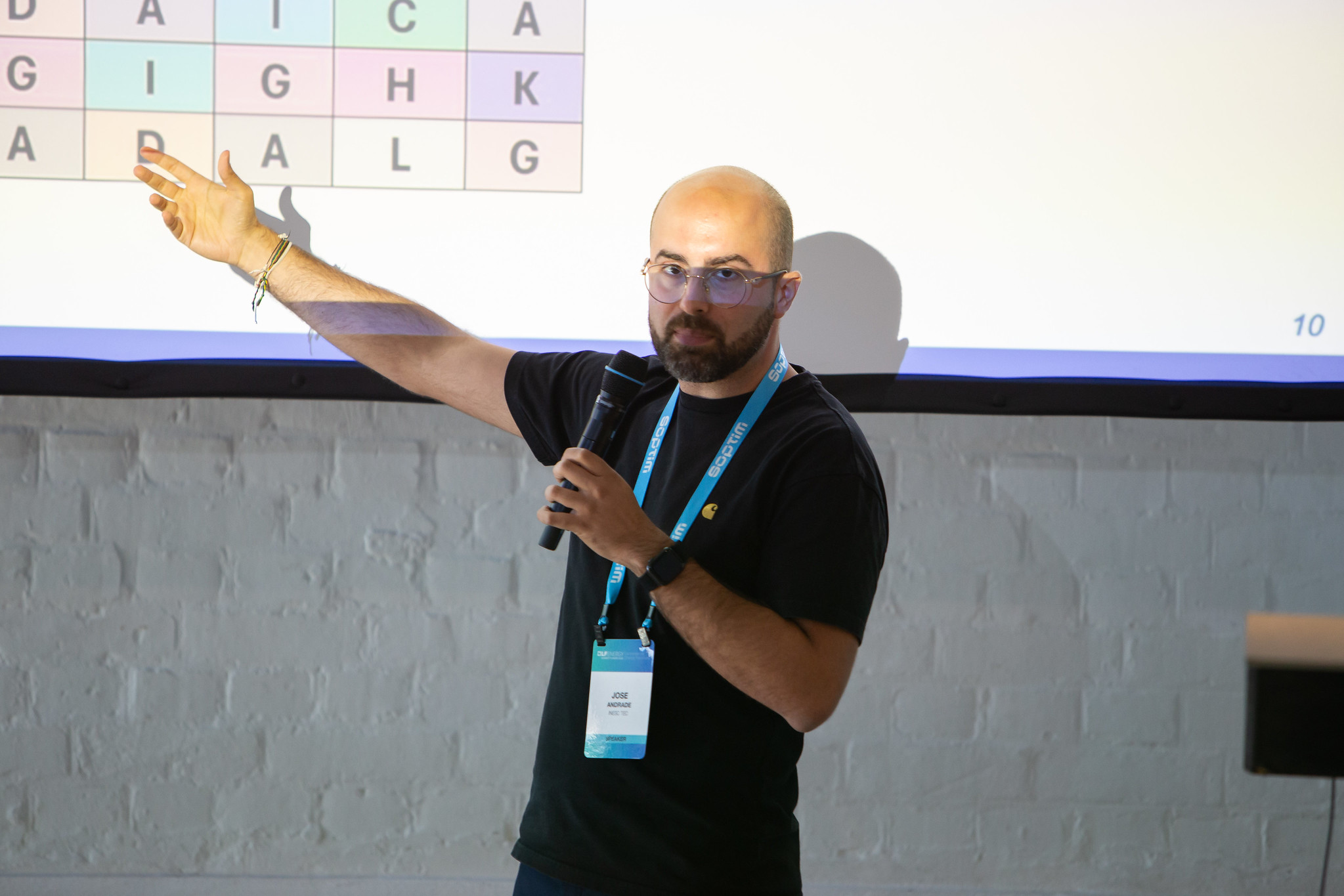
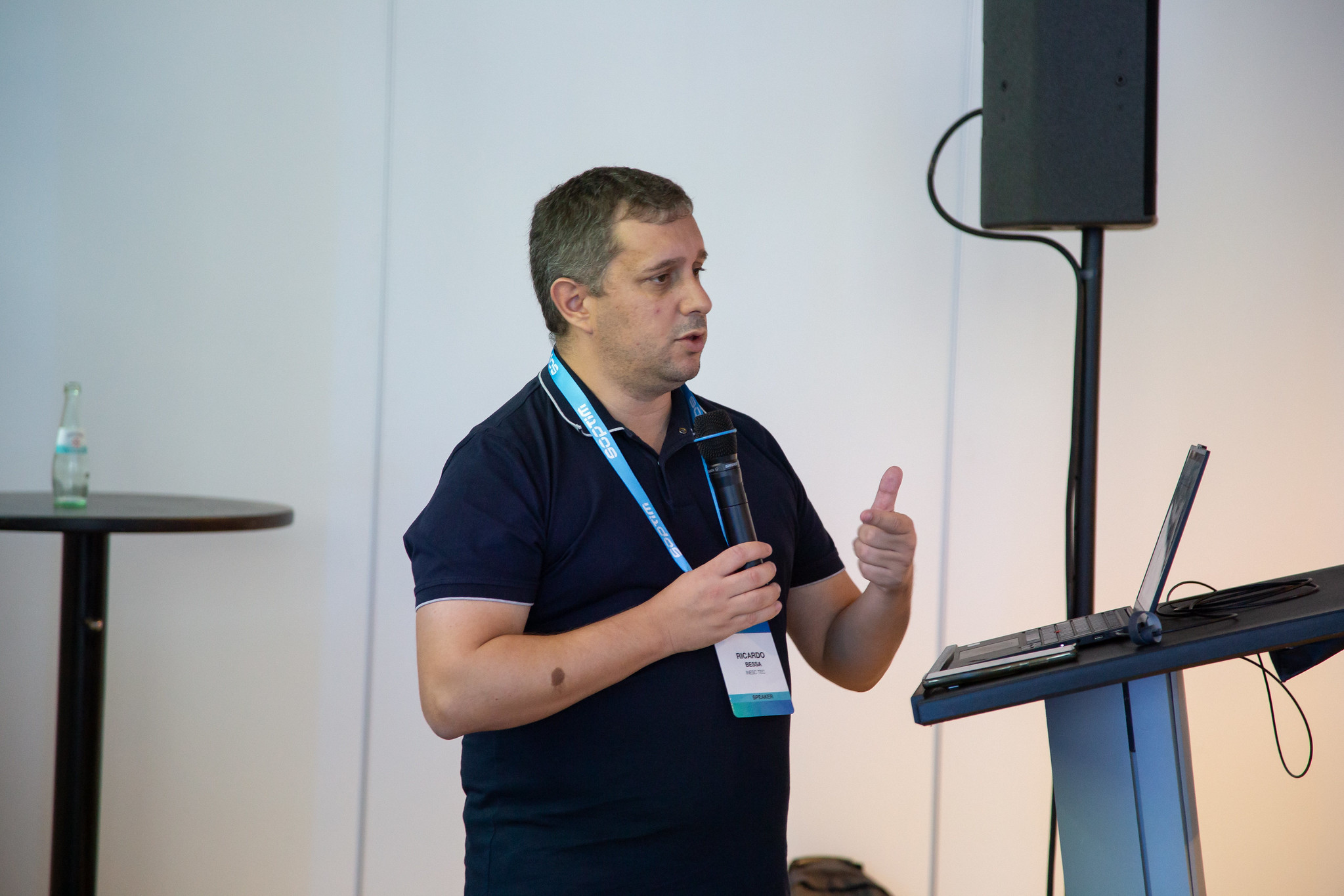
 News, current topics, curiosities and so much more about INESC TEC and its community!
News, current topics, curiosities and so much more about INESC TEC and its community!